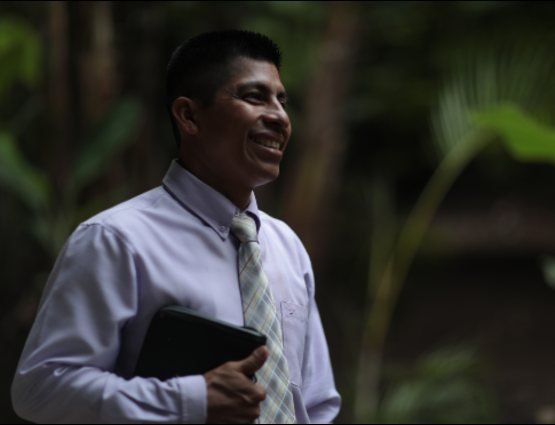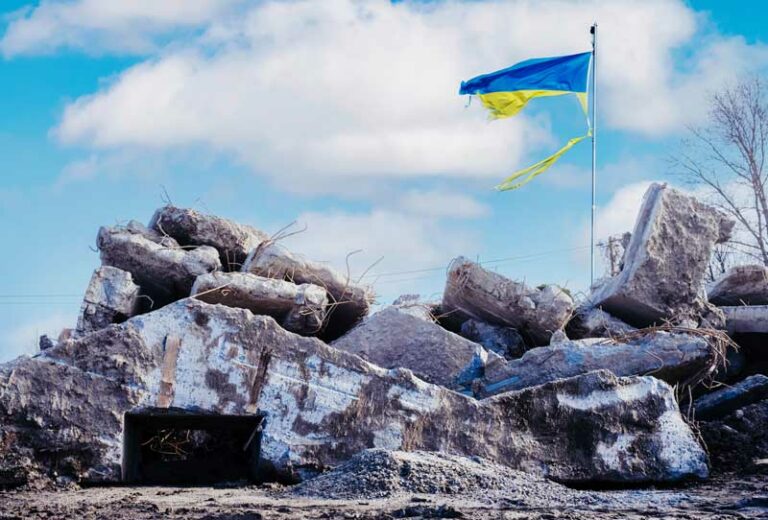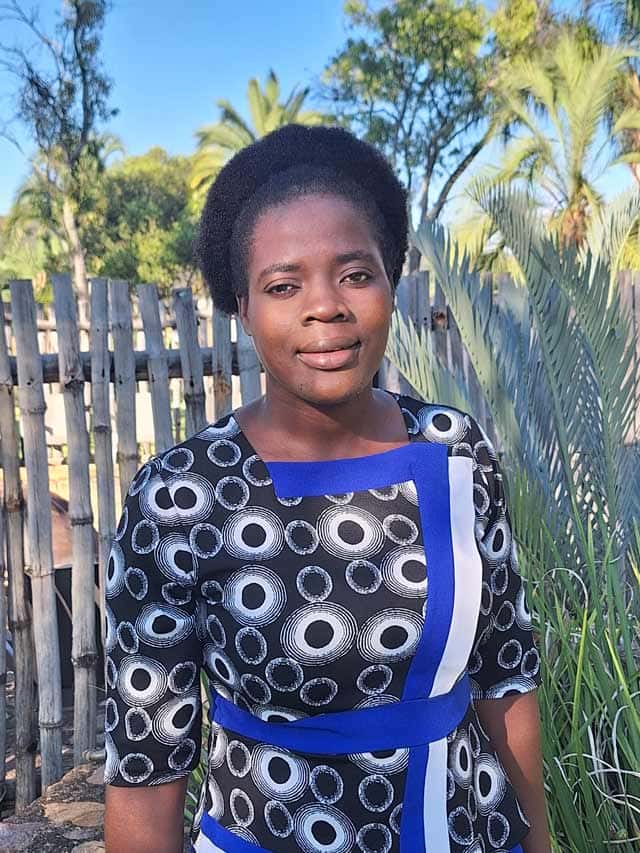By providing pastors with new materials to understand biblical truth, Walk Thru the Bible encourages them to gain a deeper, richer understanding of God’s Word. When Manuel’s denominational leaders insisted that God would reveal what he needed to know to preach effectively without any additional training, Manuel continued to question their belief. One day, a fellow pastor came up to him and said, “If you never get into the water, you’ll never know how deep it is.” So Manuel accepted an invitation to receive Walk Thru the Bible’s training at a Bible conference for the first time. “I left very encouraged after three days,” he remembers. “Walk Thru the Bible awakened in me a passion to learn more and more.” Over the next six years, he received training from Walk Thru the Bible at 12 more conferences.
“God reveals everything, but I need a teacher,” Manuel says emphatically. “I need someone whom God has equipped to teach me. God knows my need as a pastor, so He sent me to conferences where Walk Thru the Bible gave me materials that have served me in great ways. When I go to conferences, I feel newly strengthened and fed spiritually.”
“What I’ve heard from the pastors is that they use our materials from the pulpit,’ says Alejandro. “Some pastors have nothing to preach with because they didn’t receive any type of instruction or training. When we equip them, they have new material and this is the first thing they share.”
In addition to training pastors at conferences in Managua, Alejandro and his team have also traveled to rural areas to train hundreds who can’t afford the trip to Managua. Gustavo, who attends as many regional training conferences as he can, returns home with the biblical content he’s received and spends several months preaching it from the pulpit.
“Walk Thru the Bible is preparing the pastoral body to be better,” Gustavo says. “Its method of teaching is very accessible for pastors, even for those at a lower academic level. If I didn’t have this training, there would be gaps in my knowledge and I would struggle to be prepared.”
In addition to improving pastors’ biblical literacy, Gustavo says, the materials they receive from Walk Thru the Bible equip them to share this knowledge. “Walk Thru the Bible has given me the best resources that I have for teaching God’s Word in my church,” he says. “They’ve helped me a lot because they use simple language and I can adapt them to teach in different sections. The teaching helps us to look at God’s Word from another angle. The Bible says that in the end times there will be deceivers who trick the people. Through Walk Thru the Bible, we can shine a light on the Word of God with assurance.”
Even though Gustavo is the only pastor of his church, he leads services four days a week. After connecting with Walk Thru the Bible, he felt his pastoral burden began to weigh less heavily because he had greater resources with which to fulfill his calling, even in the most remote areas of his region. “Through what I learn from Walk Thru the Bible, I can increase knowledge of God’s Word in those places that are hard to reach,” he says.
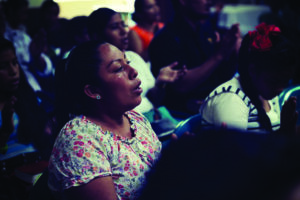 Ten years into Walk Thru the Bible’s ministry in Nicaragua, Alejandro has witnessed profound life change. “Pastors have received a tremendous boost in their ministries,” he says. “Pastors are telling us that the strategies and materials we’re sharing have helped improve their teaching and grow their churches. Pastor Manuel Cano is a perfect example. Because of the years of training he’s received, his church has grown from 30 to 80 members.”
Ten years into Walk Thru the Bible’s ministry in Nicaragua, Alejandro has witnessed profound life change. “Pastors have received a tremendous boost in their ministries,” he says. “Pastors are telling us that the strategies and materials we’re sharing have helped improve their teaching and grow their churches. Pastor Manuel Cano is a perfect example. Because of the years of training he’s received, his church has grown from 30 to 80 members.”
“I learned at the conferences how to become a church of impact,” says Manuel. “From the 13 conferences I’ve attended, I can say I’ve used 80 to 90 percent of the material here in my church. Walk Thru the Bible has been the organization that has equipped me theologically and spiritually to develop a pastoral ministry in this community.”
As Manuel’s teaching has improved, he’s watched his congregation transform. After one particularly impactful conference, Manuel studied the concept of making godly choices through Crucible, Walk Thru the Bible’s course on the life of King David. “This teaching made me cry,” he remembers. “God was hitting me hard those three days. I came home and told my church that we needed to change.” The church became less legalistic, abandoning its restrictive dress code. Instead of closing their doors to alcoholics and drug addicts, they began to reach out to them through hosting community events. Members began to look for opportunities to help needy people fix their roofs and take down trees.
As the members of Jehová Es Mi Roca church began to spend more time in God’s Word, compassion flowed outward into the community. And the community has taken notice. People who formerly kept their distance from the church because of their lifestyles began to venture in. Neighbors around the church who had exclusively relied on witch doctors began to send notes to the church to ask for prayer and visitation.
Manuel connects the transformation he’s witnessed to his experience with Walk Thru the Bible. “Walk Thru the Bible’s conferences have helped me to make disciples, but to make disciples, I have to be one. If I didn’t have this theological understanding, there wouldn’t be these 80 souls meeting in this place.”
Gustavo, too, is encouraged by the impact he’s witnessed through discipling others with Walk Thru the Bible materials. “Through Walk Thru the Bible, I’ve been prepared, and I’ve prepared a group of leaders,” he says. “And God is using them to change the community.” In his view, this change is the overflow of meeting God in His Word. “The Bible leads us to Jesus. And when we have Jesus, we have life. When people start to change because of God’s Word, they realize that Jesus has started to change their lives. And not just their spiritual lives, but the rest of their lives. The alcoholic isn’t going to spend his money on alcohol, and young people won’t use drugs and tobacco. They’re going to understand that they can do better for their families.”
As Nicaraguan churches mature and expand, so does the need for greater discipleship opportunities. Alejandro’s dream for Walk Thru the Bible’s Nicaraguan ministry is to acquire the resources to hire a country director. Right now he and his team drive long distances from Honduras to train pastors three times a year, but they dream of teaching Walk Thru the Bible’s resources at five or six different events across the country under the umbrella of a country leader. “Right now we can’t cover the whole country, but if we had more resources we would be able to do it,” Alejandro believes. Recently, his team traveled to a remote region of Nicaragua called Nueva Guinea, where they trained 50 pastors from the region. Alejandro marvels, “One pastor traveled 12 hours on foot and 12 hours by bus to participate.”
From Alejandro’s point of view, the need for Walk Thru the Bible’s ministry has never been higher in Nicaragua. “Many people are spectators,” he believes. “There’s a tremendous challenge to grow the church in Nicaragua in quality, not just in quantity, of disciples—to develop people who are committed to Christ, who respond to the needs of the community, and who know how to defend their convictions.”
If Walk Thru the Bible didn’t exist in Nicaragua, Alejandro strongly believes that many Nicaraguan church congregations would wither instead of flourish. “Many pastors would remain in biblical ignorance,” he says. “They’d be biblically illiterate. They would continue to teach heresy or become discouraged. They’d continue on with weak congregations, spiritually or in number. Families would continue in crisis. I believe that Walk Thru the Bible is a necessary ministry and is changing the lives of pastors, congregations, and families.”
Manuel prays that this life change will ultimately manifest itself in evangelism in his community and beyond. More than anything, he dreams of equipping people in his church to go out and fulfill Jesus’ command to make disciples of all nations. “One of my greatest dreams is for this church to send out pastors, teachers, and evangelists. When I think about the Great Commission, I think about preaching in my community, city, region, nation, and to the ends of the earth.”
Gustavo’s dream is to see his church congregation grow in spiritual maturity. He wishes that Walk Thru the Bible would provide more frequent training opportunities in his region, but he feels confident that his ministry will continue to thrive. “Being a pastor is difficult, but it is beautiful,” he reflects. “The call to ministry is something that God gives us. There’s suffering, but when there are ministries like Walk Thru the Bible that are focused on supporting, training, and equipping pastors, this really helps us. When you have a ministry to support you, you feel like someone has your back.”
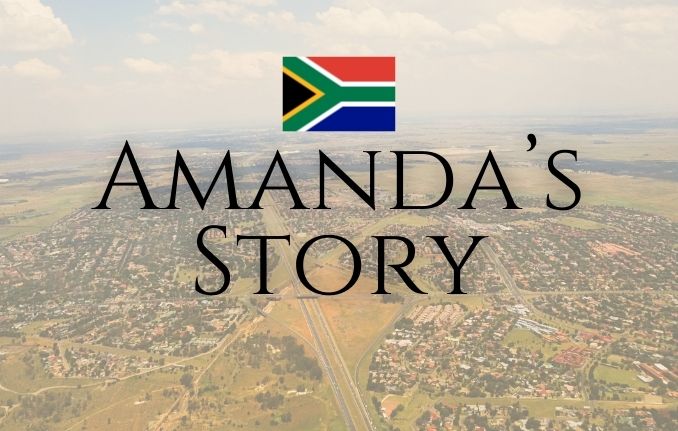
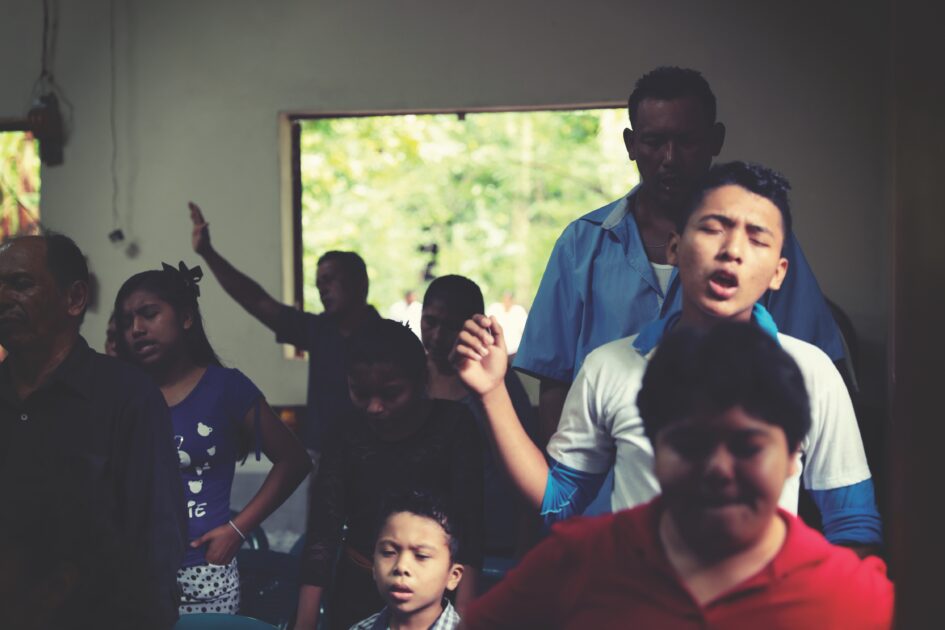
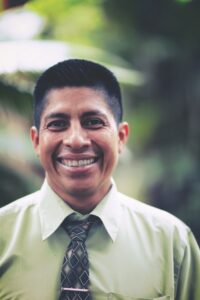
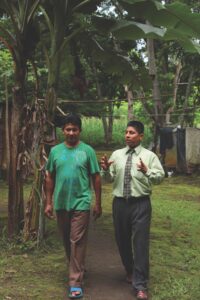
 Ten years into Walk Thru the Bible’s ministry in Nicaragua, Alejandro has witnessed profound life change. “Pastors have received a tremendous boost in their ministries,” he says. “Pastors are telling us that the strategies and materials we’re sharing have helped improve their teaching and grow their churches. Pastor Manuel Cano is a perfect example. Because of the years of training he’s received, his church has grown from 30 to 80 members.”
Ten years into Walk Thru the Bible’s ministry in Nicaragua, Alejandro has witnessed profound life change. “Pastors have received a tremendous boost in their ministries,” he says. “Pastors are telling us that the strategies and materials we’re sharing have helped improve their teaching and grow their churches. Pastor Manuel Cano is a perfect example. Because of the years of training he’s received, his church has grown from 30 to 80 members.”